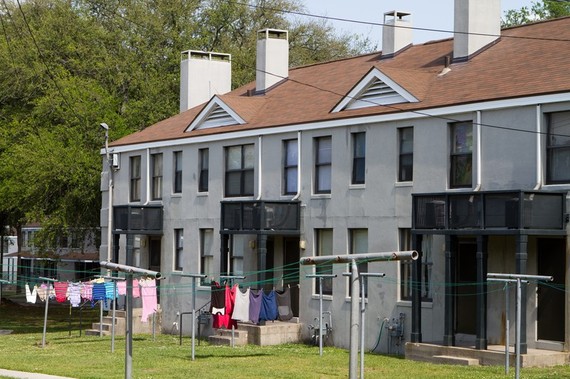Owning rental property has been a path to riches for a great many investors. Rental property is funding awesome retirement lifestyles as well. We've also been enjoying a surge in rental demand and rents since the recovery began after the crash in 2007. There are still articles around wondering if America has become "a nation of renters." Markets change and real estate is no exception, so telling the future isn't the goal of this article.
However, because markets do change, a rental property that was a great investment a couple of years ago may be less so today. Let's think about some of the factors that can lower the ROI of a rental property and cause the owner to think about options:
•On a national scale, government and economic factors that spur a renewed interest in buying a home. More buyers means fewer renters.
•Falling mortgage rates and less strict lending requirements do the same.
•Locally, a major employer can pull up stakes; no jobs means people leaving and lower rental demand.
•More rental properties built, competition increases, and rents fall.
•Movement of people to more desirable areas, reducing occupancy.
•Inflation, higher taxes and other costs increase while you can't increase rent.
When you bought that single family rental home or duplex, you were expecting to hold it for years with a steady cash flow. Now it's not performing as well, and you need to take action. What actions might you take to improve the situation?
•You may be able to increase the rent when the lease expires.
•Some cosmetic or inexpensive improvements may allow a rent increase.
•If vacancy is a problem, a rent incentive may help, though it will drop your ROI.
•It may be time to sell, especially if there is a profit in it.
•A 1031 Exchange could facilitate selling and rolling up or over to a better property.
•The same could apply if you can sell and roll into multi-family or commercial property.
Sometimes a light spruce-up and better marketing can hold your cash flow level, or even improve it. If you've been marketing to a group employed at the local industrial complex, perhaps you can change the look of the home a bit and market to high tech workers at a nearby software company.
If selling is the option you take, especially if you have equity, check where the rental demand has moved and roll into an investment there using the 1031 Exchange. You can also move into multi-family, though you may have to do so through a crowdfunding option. They're becoming more popular and allowing smaller investors to buy into larger properties. If apartment are being built and taking your tenants, you may want to buy into those apartments.
Remember that the 1031 Exchange doesn't require that you buy the same type of property. You can roll out of a single family home and into a commercial project or office complex if you meet the other stringent 1031 requirements. It's rarely a good option to just sell out of real estate altogether. Even if you have to go outside of your area of residence, even into another state, there are going to be opportunities.
Real estate rental property investment is a long term strategy. However, that doesn't mean that you have to hold any specific property after it has ceased to yield the return on investment you want.

